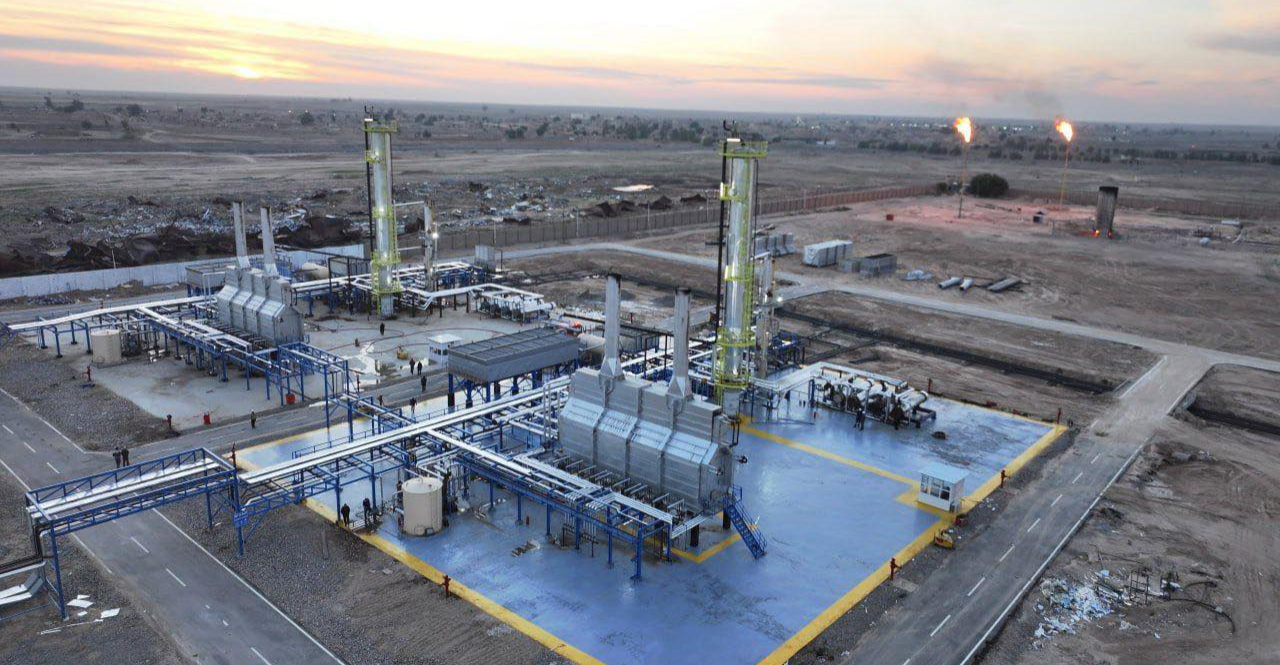The Rise of the Shadow Fleet Amid Oil Sanctions
The landscape of oil transportation has undergone a quiet but profound change due to recent sanctions imposed on certain oil-exporting countries. A specialized group of oil tankers, commonly referred to as the shadow fleet, has grown significantly. This fleet operates under the radar, facilitating the flow of oil despite tightened restrictions aimed at limiting some countries’ oil revenues. Such growth alters the usual patterns of oil freight and brings new challenges and dynamics to the logistics and shipping sectors.
What Exactly Is the Shadow Fleet?
The shadow fleet consists of vessels that are often delisted or blacklisted by sanctioning entities, making them invisible to usual tracking and regulatory systems. Although the fleet growth has slowed somewhat recently, older tankers being taken out or penalized are regularly replaced by new vessels that keep the fleet humming. This expansion represents a workaround in the complex game of international trade sanctions, allowing crude oil to reach markets without drawing official attention.
Shadow Fleet Growth Over Time
| 연도 | Shadow Fleet Size | Activity Notes |
|---|---|---|
| Previous Years | Rapid growth | Initial expansion after sanctions introduced |
| Current Year | Slower growth but steady fleet renewal | New vessels replace blacklisted ones |
Economic and Operational Effects of Sanctions
While the shadow fleet quietly expands, the broader economic effects of sanctions and trade tariffs are still unfolding. For example, recent tariffs applied by the US have so far made a modest impact on the global economy and fuel demand. Companies have been drawing down pre-tariff inventories, slowing the reflection of these tariffs in consumer prices.
Producers and traders are closely watching oil prices, with a breakeven point often placed around $60 per barrel. Decisions on capital investment in oil extraction and production infrastructure hinge on these price points, affecting supply chain planning and freight demand.
Production Trends and Rig Activity
In parallel with shipping adjustments, the number of active oil rigs, particularly in the United States, has declined by around 25%. Because of lags inherent in production cycles, any meaningful dips in supply will take months to become apparent. The logistics industry, especially those involved in 화물 운송 그리고 bulk cargo transport, should anticipate and prepare for potential constraints or shifts in volume.
Implications for Shipping and Global Logistics
The rise of unregulated or lightly regulated oil shipments via the shadow fleet demonstrates how sanctions may reroute rather than stop global commerce. Cargo movement becomes more complex as shipments take less direct routes, sometimes shifting through third-party ports or blending with legal distributions.
This phenomenon poses challenges and opportunities for 물류 제공업체. On one hand, navigating regulatory risk and tracking freight authenticity grows more intricate. On the other, adaptability and trusted platforms capable of managing diverse cargo and destinations gain significance.
Key Shipping Considerations
- Tracking and Compliance: Ensuring cargo meets evolving sanctions requirements.
- 경로 최적화: Adjusting transit paths to avoid sanctioned regions.
- Fleet Management: Preparing for fluctuating vessel availability and switching between legal and shadow operations.
- Risk Mitigation: Managing reputational and financial risks associated with opaque shipping channels.
Transparency and Personal Experience Matter
All the careful analysis, expert reviews, and market reports can only go so far—there’s still no substitute for firsthand experience. When it comes to shipping logistics, especially amidst shifting sanction landscapes, transparency and reliability become prime assets. Platforms like GetTransport.com offer unparalleled access to global cargo transportation options at competitive rates. Whether you’re handling office relocations, bulky freight, or vehicle shipments, having a trusted service that navigates complexities smoothly is a game changer.
The proof is in the pudding: customers benefit from real-time options and pricing transparency, empowering smarter decisions without the headache of unknowns or inflated costs. Book your transport with GetTransport.com for a seamless experience.
The Broader View: Sanctions’ Impact on Global Logistics
Though the growth of the shadow tanker fleet primarily impacts the oil trading and maritime sectors, its ripple effects touch global freight and shipment systems. With cargo routes evolving to dodge restrictions, freight companies may face altered demand patterns, longer deliveries, or need for new compliance measures. Yet, on the global scale, these changes tend not to disrupt the entire logistics industry but do remind all players to remain agile and informed.
GetTransport.com stays on top of these shifts and aims to keep customers connected with reliable, cost-effective shipping solutions — from relocations and parcel delivery to international haulage of heavy and bulky goods. For your next cargo transport, consider the adaptability and extensive options offered by GetTransport.com.
Summary: Navigating the Changing Seas of Oil Transport and Logistics
Sanctions targeting oil exports have sparked a notable increase in the size and activity of the shadow fleet, a group of oil tankers operating under restricted visibility to maintain the flow of crude to global markets. This development highlights that while sanctions affect official channels, global trade is resilient and adept at finding detours. The shadow fleet’s growth and the consequent adjustments in supply, production, and tariffs bring new complexities to freight shipping and logistics operations.
Decreased rig activity signals potential supply adjustments ahead, which logistics and transport companies should anticipate. Platforms like GetTransport.com provide a crucial bridge amid these complexities, enabling users to handle diverse shipment needs—whether moving office contents, bulky items, or vehicles—through a transparent, affordable, and flexible solution.
In a world where change is the only constant, staying informed and prepared in logistics ensures smooth deliveries and satisfied customers, no matter how the shipping tides shift.

 How Sanctions Are Fueling the Growth of the Shadow Oil Tanker Fleet and Shaping Trade Patterns">
How Sanctions Are Fueling the Growth of the Shadow Oil Tanker Fleet and Shaping Trade Patterns">